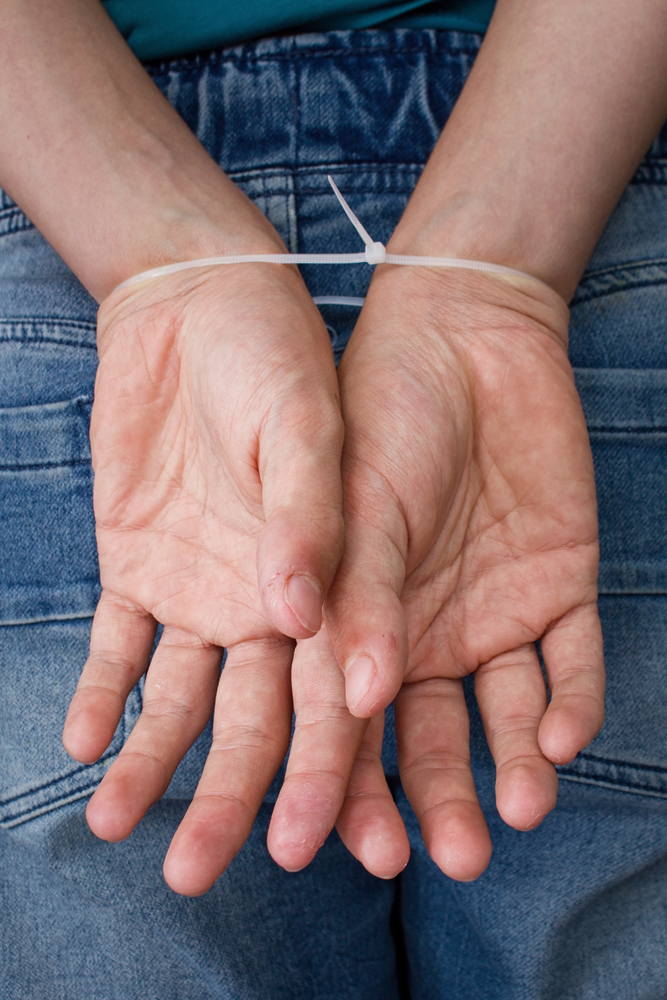2023
3 Unexpectedly Hard Things about Sobriety
Content
After all the hard work and time it takes to remain sober and to go through rehab, no one wants to relapse and go through everything again. Thankfully, there are many practices you can put in place to maintain sobriety, and by implementing the following tips for staying sober, you will lessen your risk of relapse. In early recovery, some individuals may seek out ways to mirror the unhealthy cycle of their addiction. For instance, staying in toxic relationships, having unsafe sex, or gambling are ways that individuals who are physically sober but not emotionally sober may cope. However, those who are working on their emotional sobriety will turn to healthier coping mechanisms. After individuals complete detox, they begin working on their emotional sobriety through treatment.
It’s not as simple as “getting out there” and “trying something new.” It’s hard to do that when you suffer from extreme depression and anhedonia. The very things you should be doing to feel better require a level of motivation you might not be able to fathom. My social circle changed when I got sober because I realized that many of my relationships were based on getting drunk together, and that was it. My friends and I got together for happy hours after work. It all felt normal, even the terrible parts like awful hangovers and hangxiety.
What is the most effective way to stay sober?
It’s easy to become restless and bored when you’re stuck at home day after day. For people in recovery from substance abuse, this can be a dangerous situation. Boredom and isolation can lead to a relapse, as people may turn to substances in order to ease their boredom or cope with their feelings of loneliness. It’s important to find ways to stay engaged and connected even when you’re not able to be around other people. In other words, instead of saying, “stop thinking about how far it is to the liquor store,” imagine you walk down there, buy the bottle of vodka, come home and start drinking.

Many 12-step programs suggest that sobriety means total abstinence—never using the substance ever again. Consuming extra sugar is incredibly common in sobriety. If you’re trying to manage sober house depression right now, the last thing you can do is eat foods that spike your blood sugar and cause your mood to swing. In fact, boredom in sobriety is a huge driver of relapse.
Are You Lying About Your Sobriety?
We don’t know what that life will be or if it will be successful. Oftentimes, we’ve made a lot of poor choices through our addiction which can lessen our self-worth or the trust we have in ourselves to make “good” decisions. It’s all about building back up that self-worth to know that you can move forward and make a life that is worthwhile, even joyful. This stuff is fine, but we often don’t shed enough light on the fact that there are hard things about sobriety. We don’t like to focus on that for fear of inciting relapse, but the truth is recovery is all about acknowledgement – the good and the bad. Recovery from any addiction is hard in a myriad of psychological ways.
This pressure can come from friends, significant others, or even strangers. It can be difficult to say no when everyone around you seems to be doing it. It helps you become still and track your rapid thoughts. When you’re struggling https://www.healthworkscollective.com/how-choose-sober-house-tips-to-focus-on/ to stay sober, meditation can help you refocus and bring a healthy stillness to you. It stops you from fidgeting or thinking of scenarios where you’d end up drinking. Stay calm, play some relaxing ambient noise, and be still.
Stay Connected
Sobriety can be a difficult road to navigate, but there are many ways to cope with the challenges it presents. One of the most effective coping mechanisms is engaging in outdoor activities. Being in nature has been shown to have a calming effect on the mind and body, and it can also help to reduce stress levels. In addition, outdoor activities can provide a sense of purpose and structure during times of transition. They can also help to promote social connection, which is an important part of recovery. By participating in outdoor activities, you can gain a sense of control over your sobriety and start to build a foundation for a healthy life in recovery.
While having a conversation with other people is ideal as they offer new insights and lines of thinking, talking your obstacles out loud to yourself doesn’t hurt either. When you feel yourself needing a drink, start reminding yourself what you’re thankful for. You can do this out loud or silently to yourself, but start reciting all the things you’re thankful for and appreciative of.